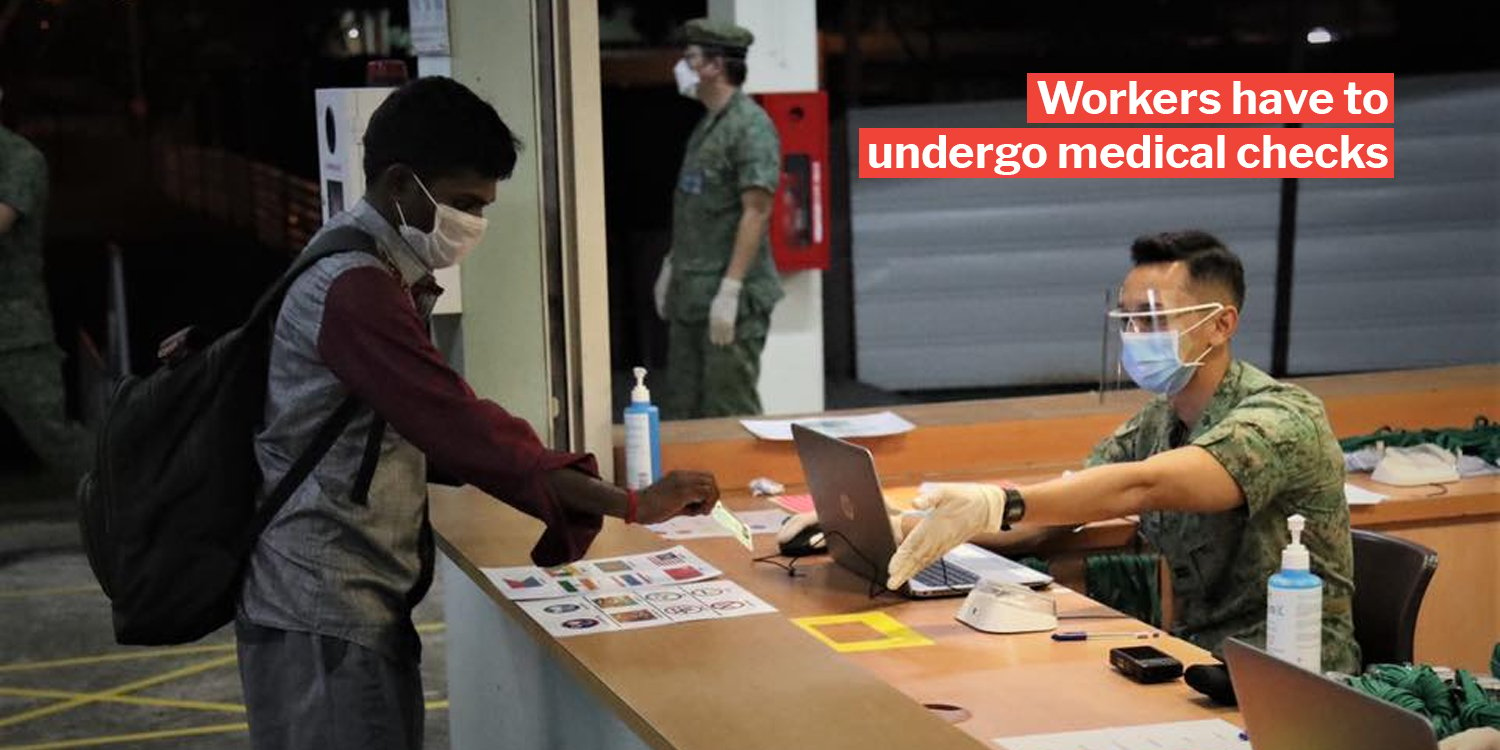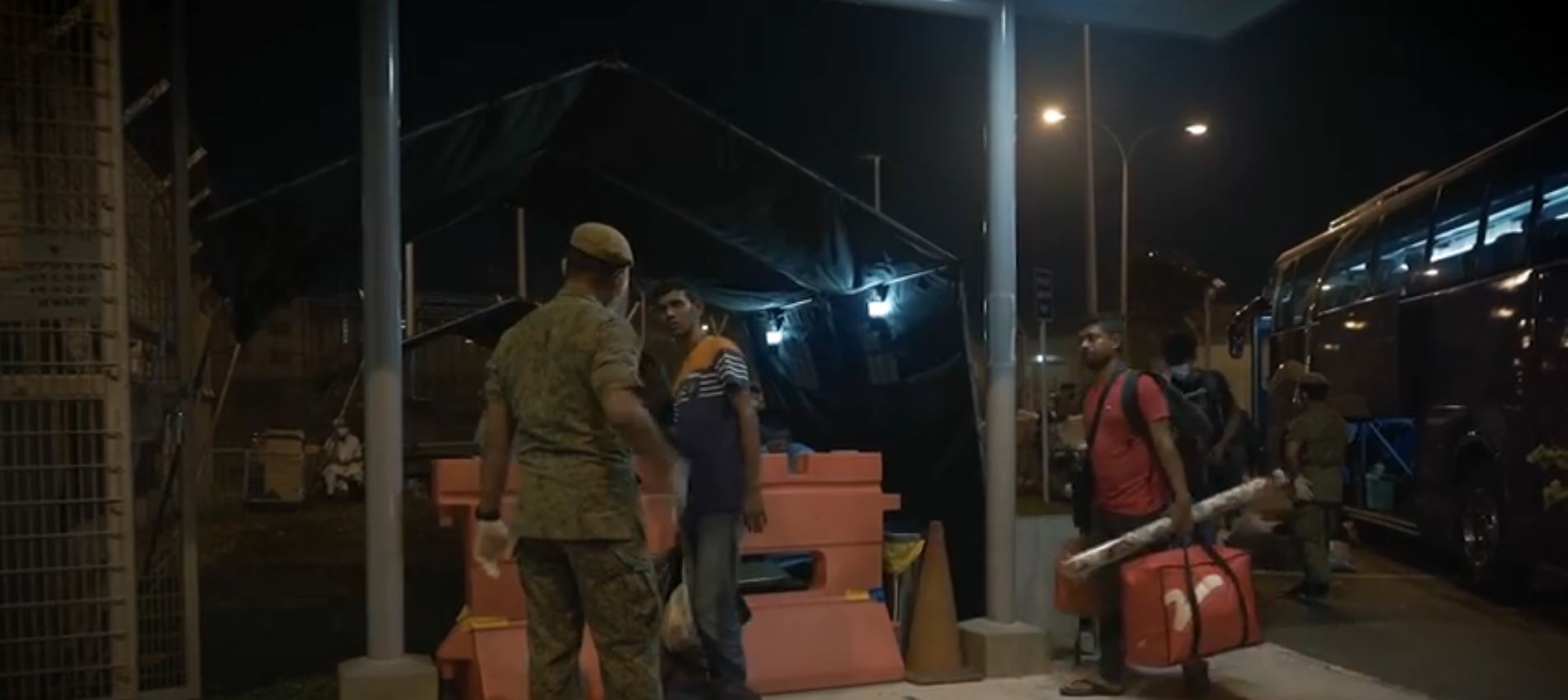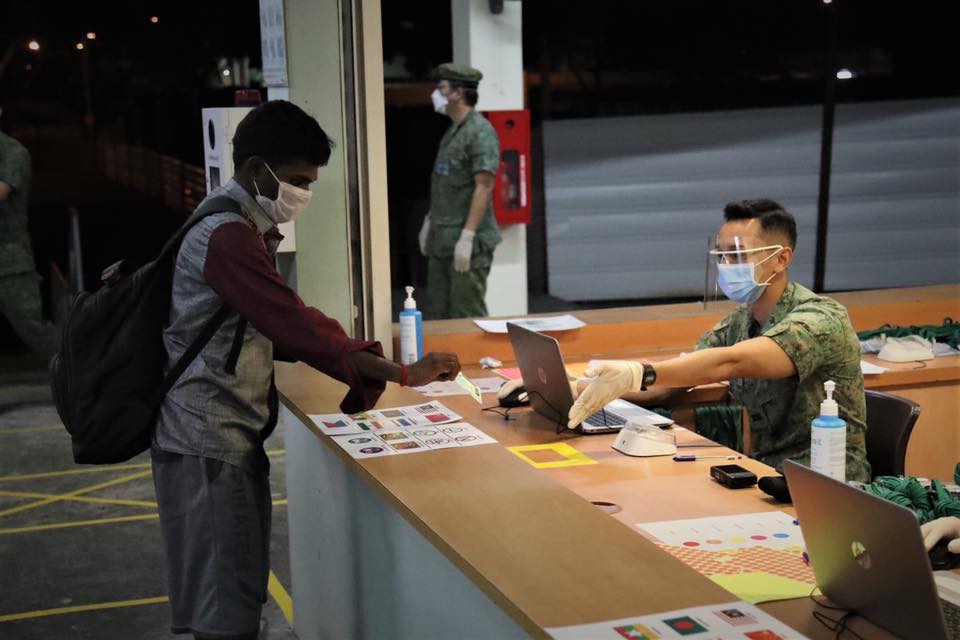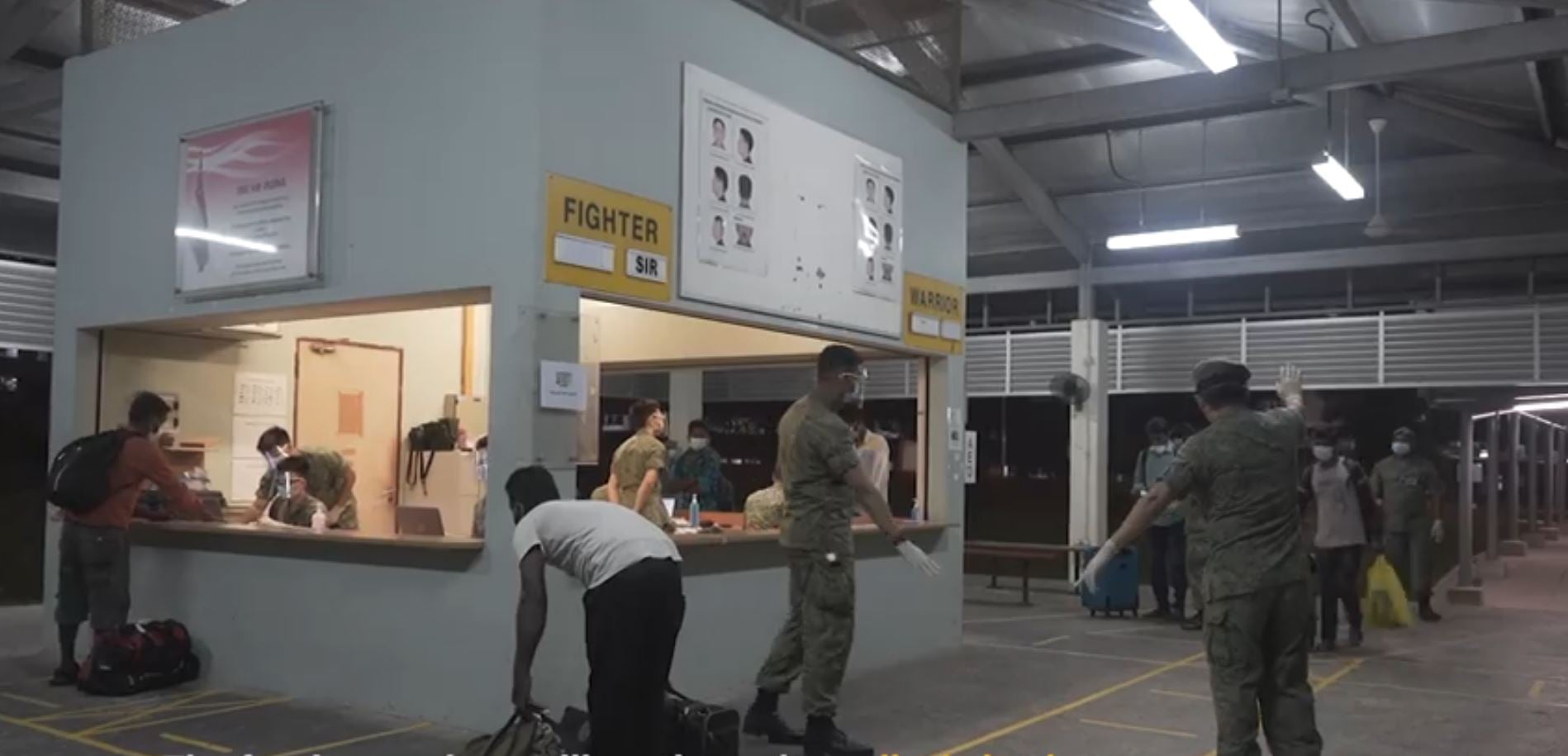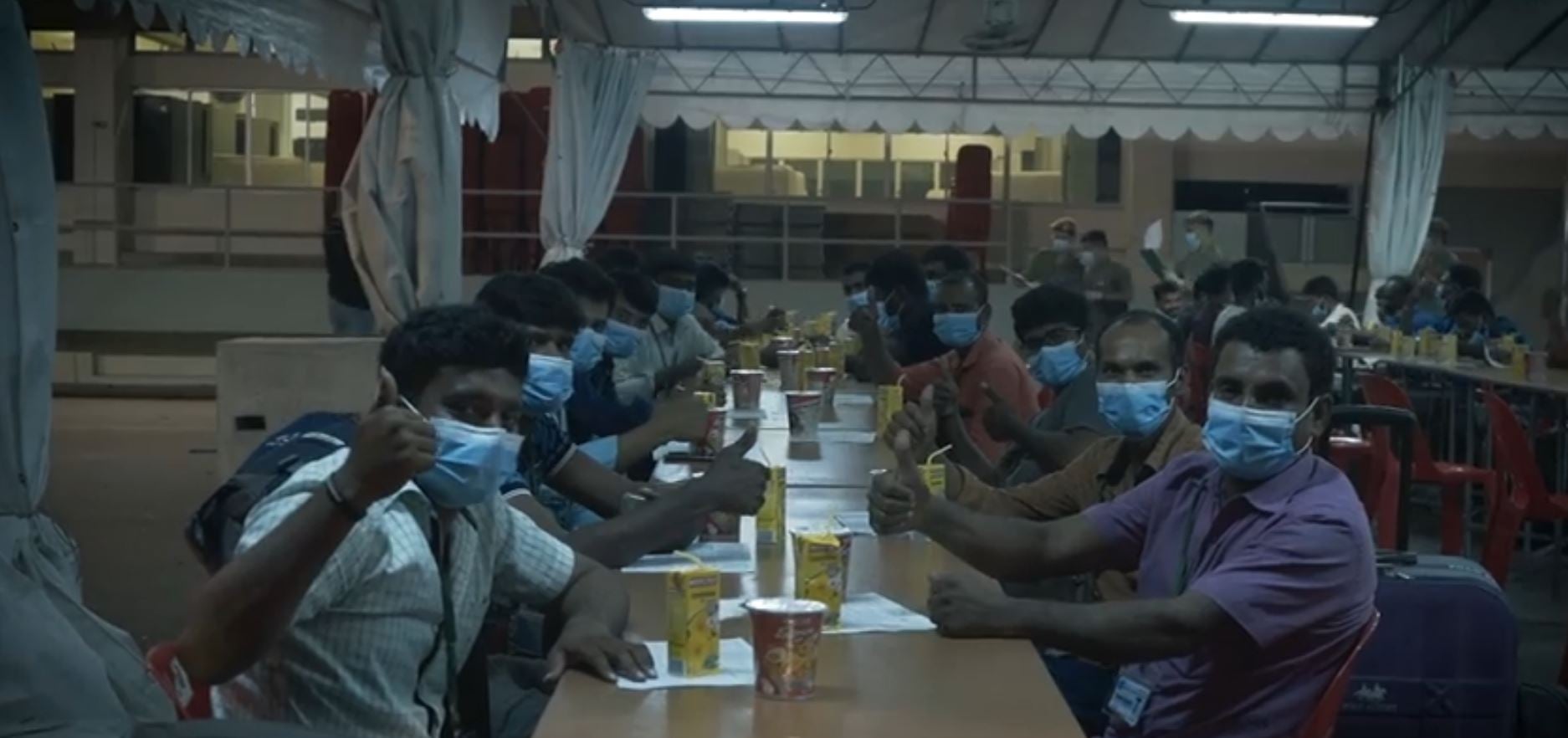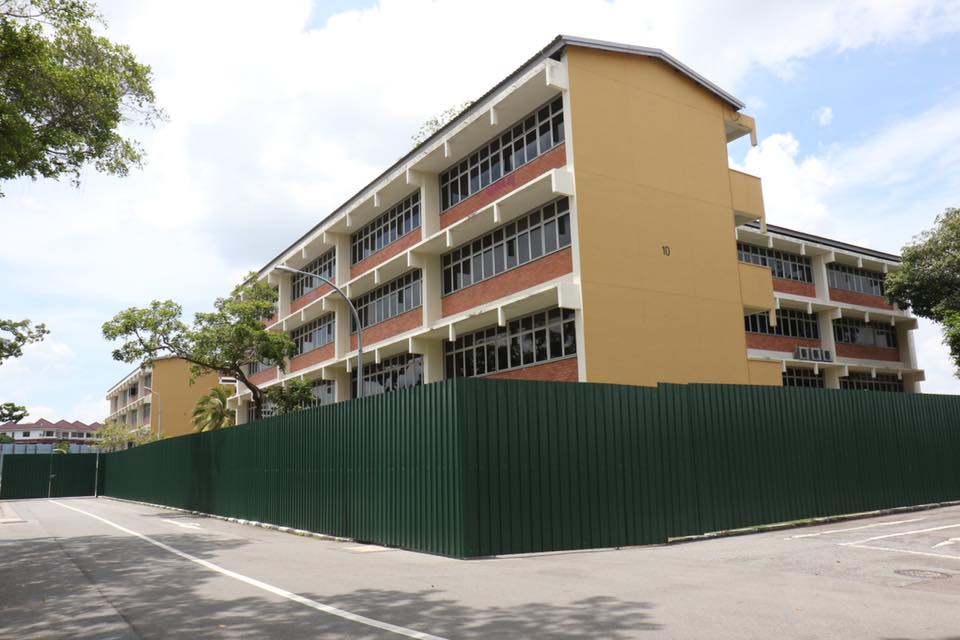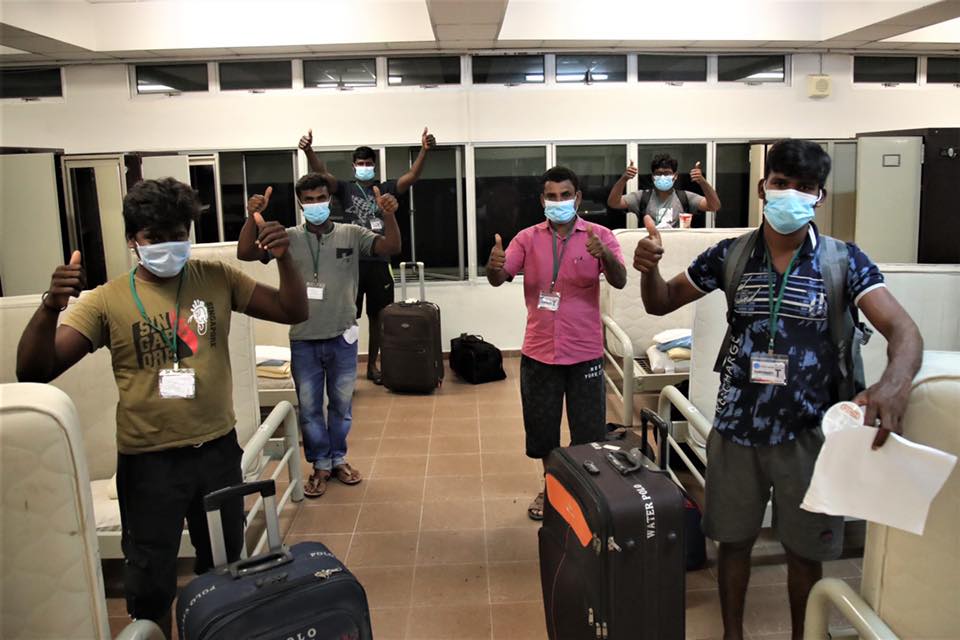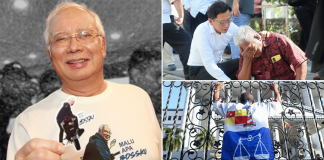Jurong & Bedok Army Camps Will Conduct Temperature Checks On Workers Twice Daily
As the number of Covid-19 cases linked to worker dormitory rises over recent days, the government has arranged alternative housing arrangement for healthy essential workers.
To help with this, parts of Jurong Camp II and Bedok Camp II currently not used for SAF operations have now been used to house around 1,300 foreign workers.
Workers ‘booking in’ to army camps required to undergo checks
According to PIONEER, workers moving into the camps were required to undergo “medical checks” before being allowed to move into their temporary bunks.
In addition, temperature checks will be done twice a day and safe distancing measures will also be implemented.
Needless to say, those with a temperature or “respiratory symptoms” will not be allowed to proceed.
Meal timing will also be staggered, presumably to reduce the risk of the virus spreading during mealtimes.
The vacant premises that the workers will be moving into are currently not used for SAF operations.
They are also separated from other SAF facilities using hoardings like the ones in the above image.
Going by the photos uploaded on PIONEER’s Facebook page, the workers seem to be in good spirits after moving into their temporary bunks.
Surge in Covid-19 cases linked to worker dormitories
In recent weeks, the number of Covid-19 cases linked to worker dormitories has risen sharply
To date, 9 worker dormitories have emerged as Covid-19 clusters.
Just yesterday, a record-breaking 287 new Covid-19 cases were reported of which 202 were linked to foreign worker dormitory clusters.
The cluster at S11 Dormitory @ Punggol is the most worrying, with 283 confirmed cases to date.
In light of this, the government is “sparing no effort” to keep the outbreak in these dormitories and will continue looking after the workers’ well-being and safety.
Hope the solutions will work out
The current Covid-19 situation in worker dormitories is indeed worrying, to say the least.
That said, we are glad that the government has set out plans to address the problem at hand, converting places not in use to temporary residential areas for these workers.
We hope these solutions will bear fruit soon and the clusters in worker dormitories will subside soon.
Featured image adapted from Facebook.
